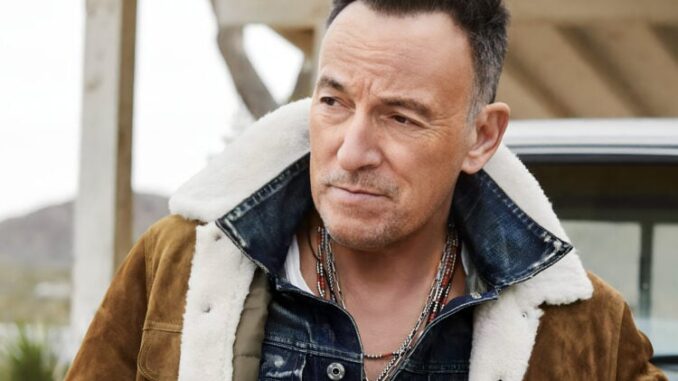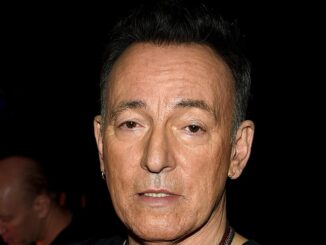
Like many artists who have established a devoted following throughout their careers, Bruce Springsteen wouldn’t remain where he is today without the legions of fans who remain committed to buying his records no matter what the quality of the output is like. Having been releasing records since the early 1970s, The Boss has never really taken much of a break or slowed down his output, which has kept him firmly in the spotlight since his breakthrough, with the longest gap between records being 7 years between 1995 and 2002.



Be the first to comment